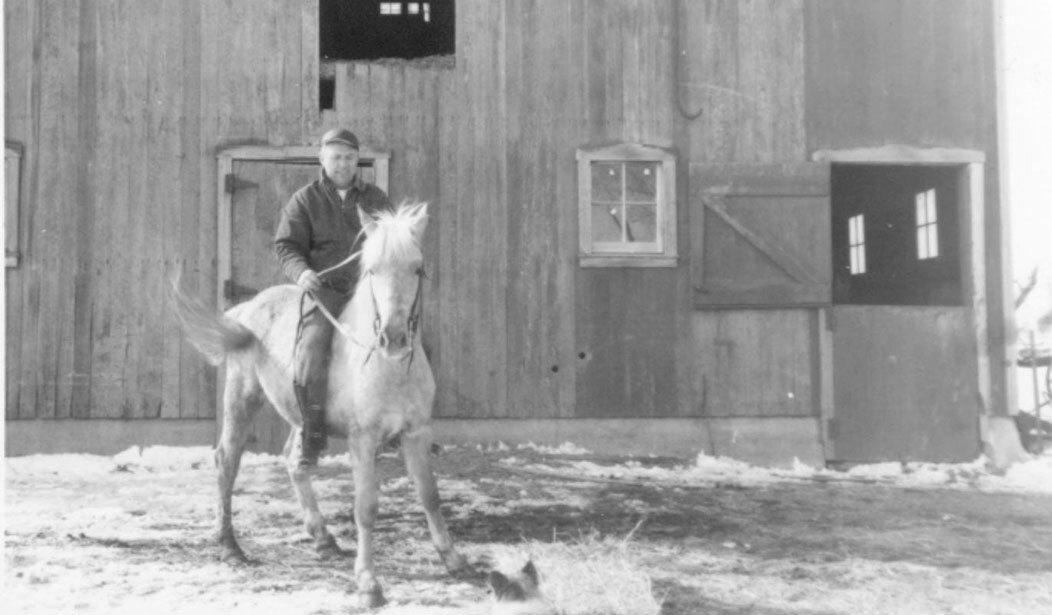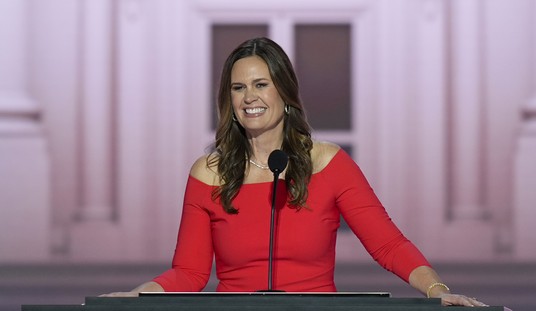Today, on the occasion of my father's 100th birthday, it seems appropriate to take a look at his life, what he saw during his 94 years, and to look further at the great span of time we can allot to the people who had an impact on our lives, and the people upon whose lives we have had an impact.
When Dad was born, 100 years ago today, Calvin Coolidge was President. Adolf Hitler was cooling his heels following his arrest in Munich for the unsuccessful Beer Hall Putsch. In that year, Robert Andrews Millikan won the Nobel Prize in Physics for the measurement of the elementary electric charge and his work on the photoelectric effect. Only 20 years earlier, the Wright Brothers had taken humanity's first powered flight, and only eight years before, Albert Einstein first described his Theory of General Relativity.
More importantly, that baby boy born on December 11th, 1923, the second son of his parents, went on to become a WW2 veteran, a farmer, a middle-manager for the John Deere tractor works, a father of five, grandfather to 12, great-grandfather to 18, who is keenly remembered by all. His influence on all our lives cannot be overstated; I've covered that ground already.
On days like this, though, it's interesting to examine the period that encompasses not only our own lives but those who share part of those lives with us.
My kids often find it amazing that three of my four grandparents were born in the 19th century; to them, that seems like ancient history. But both my paternal grandparents were born in 1894; my maternal grandfather was born in 1896, and my maternal grandmother in 1901. In their lifespans, they saw America go through not one but two world wars, a Great Depression, and go from the horse-and-buggy era through the rise of Henry Ford to seeing men land on the Moon.
Dad and his (Greatest) generation were the children of that Depression and the young adults of World War II. In his adult life, Dad started farming with horses until he saved enough money to buy an old used John Deere tractor, but he lived to see the dawn of the Information Revolution. He always found the internet an interesting subject for discussion and was well aware of the impact it had and would make on human history, although he declined to take any part in the online world himself.
My generation — I'm in the last cohort of the Baby Boomers, born in 1961 — lived through a lot as well. I remember as a kid watching the Watergate saga unfold on the nightly news; my father "encouraged" me to watch, admonishing me that we were seeing history being made. World War II was recent history when we Boomers were kids, the Cold War an ongoing concern, and the specter of global nuclear war a common topic for conversation.
What about moving forward?
Our kids are children of the '80s (only the oldest) and the '90s. Only the oldest remembers a world where there wasn't at least one computer in every house, where the internet wasn't a fact of everyday life. By the time our oldest is my age, it will be 2043; the youngest will be my age in 2058. What will their world look like then, when (if I'm still around) I will be 97? Will we have flying cars and robot maids? Or will we have suffered another global war or a major economic meltdown? Will our great cities still stand, or will savagery have taken over?
Our six grandchildren range in age from 20 to 3. The two youngest, boys known to their family as "Bubba" and "Moose," will be my age in 2081 and 2082. What will the world look like then, almost sixty years hence? It's hard to imagine. And their children? Our oldest granddaughter is 20; we will very likely have great-grandchildren whose lives we will be a part of, who will remember us when we are gone, and who will live well into the 22nd century.
But then, if you went back to 1914 and asked my 20-year-old grandfather to imagine the world in 2023, he probably wouldn't have been able to do so with any accuracy. How could someone from that time have imagined a global network of computers, all connected? Human devices piercing the Kuiper Belt and wandering into the unimaginable vastness of interstellar space? Or even something we take for granted, like a hand-held device weighing only ounces, that not only allows you to talk to anyone, anywhere, in real-time, but to conduct a video conference, order your lunch, arrange for a ride to the airport, or to look up the status of the Voyager probe? Much less the data network that makes it possible?
Our grandchildren will look back on our lives the same way, and most of our guesses about the world they will live to see won't be any more accurate than our grandparents' ideas of our world today might have been. One need only read the science fiction of the early 20th century to see just how badly wrong most people got it.
All of this is, of course, part and parcel of the passing of generations. Here, now, in my office in the Alaskan woods, as the snow falls outside, I sit astride a great span of people who have, for one way or another, been a part of my life, spanning from my 19th-century grandparents to my likely 22nd-century grandchildren and great-grandchildren. A great-grandchild of mine born when I was 81, in 2043, living for 81 years themselves, will be still alive in 2124, and even then, will still have memories of their great-grandfather, and be telling their offspring, "I remember Papa — can you believe he was born in the 20th century?"
What will the world look like in 2124, a century hence? A century ago, many people still relied on horses for transportation. A century ago, GPS was on paper, and people called them "maps." A century ago, to call a neighbor or family member, one likely as not had to go through an operator who made a manual connection on a switchboard. A century ago, many people, including biologists and astronomers, found the prospect of life on Mars not only possible but likely. How can we begin to imagine what things will be like a century from now? It's not easy to guess — believe you me, I've tried.
1894 to 2124. My grandfather to my great-grandchildren. That's 230 years — almost a quarter-millennium — of people of whose lives I have been a part. We all stand astride such a great chain. It's a fascinating thought, isn't it?
Today, though, remains the day of one of those people, one of the two who mattered to me as much as anyone ever has except my wife, one who would have been a century old himself had he persisted this long. Happy 100th birthday, Dad. I still hear your voice, still live by your advice, and still think of you, every day.














